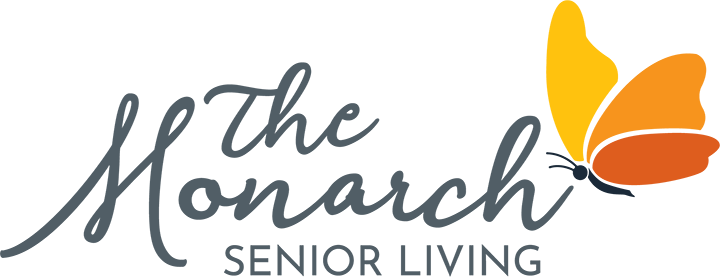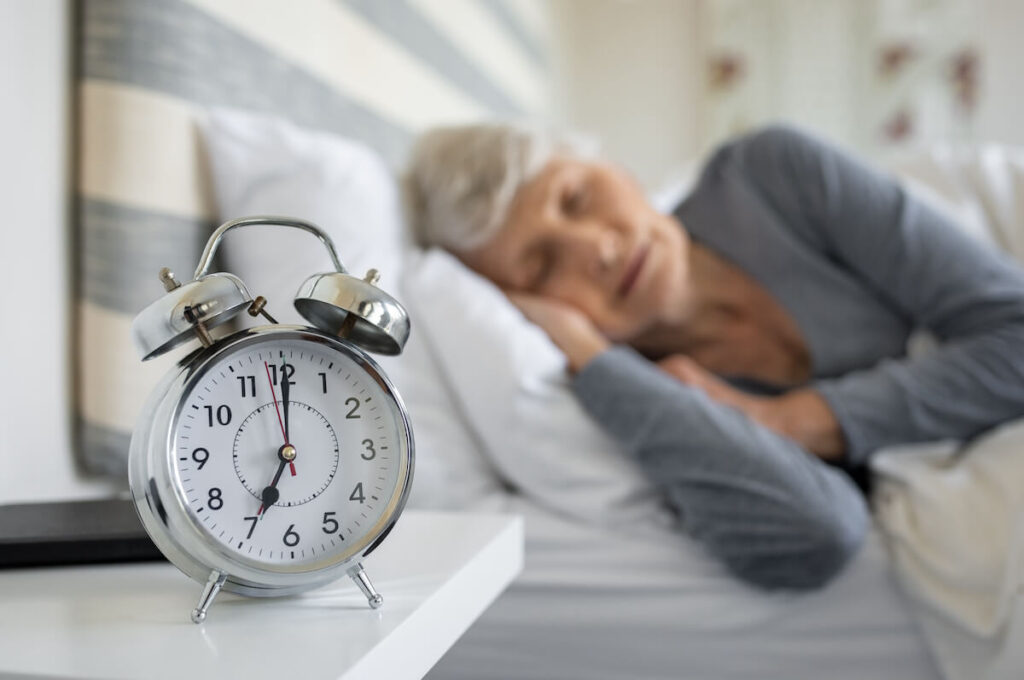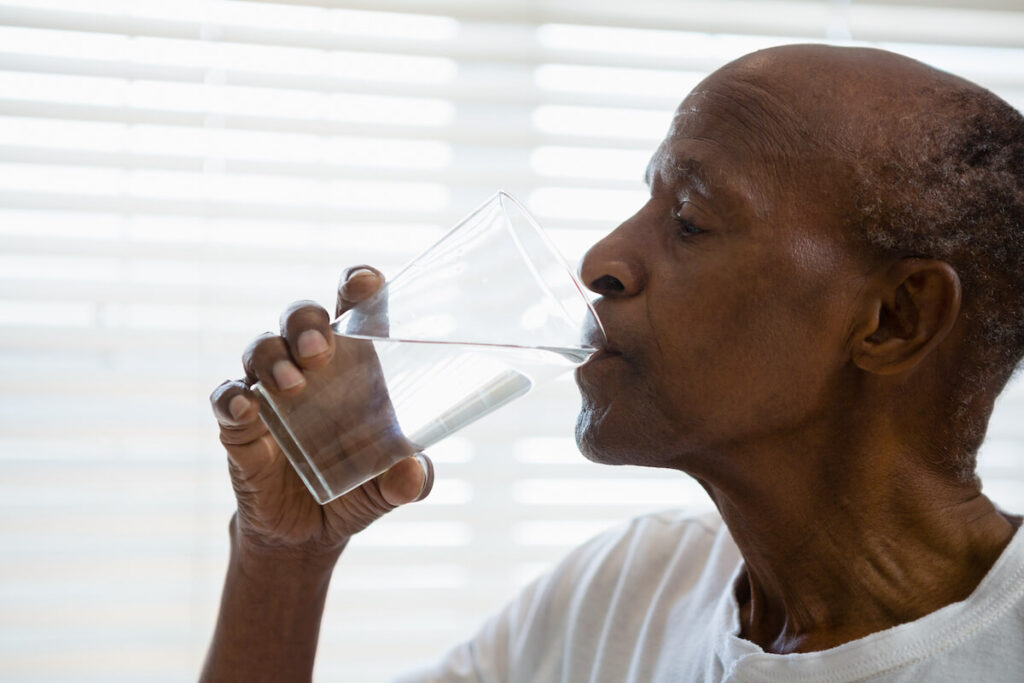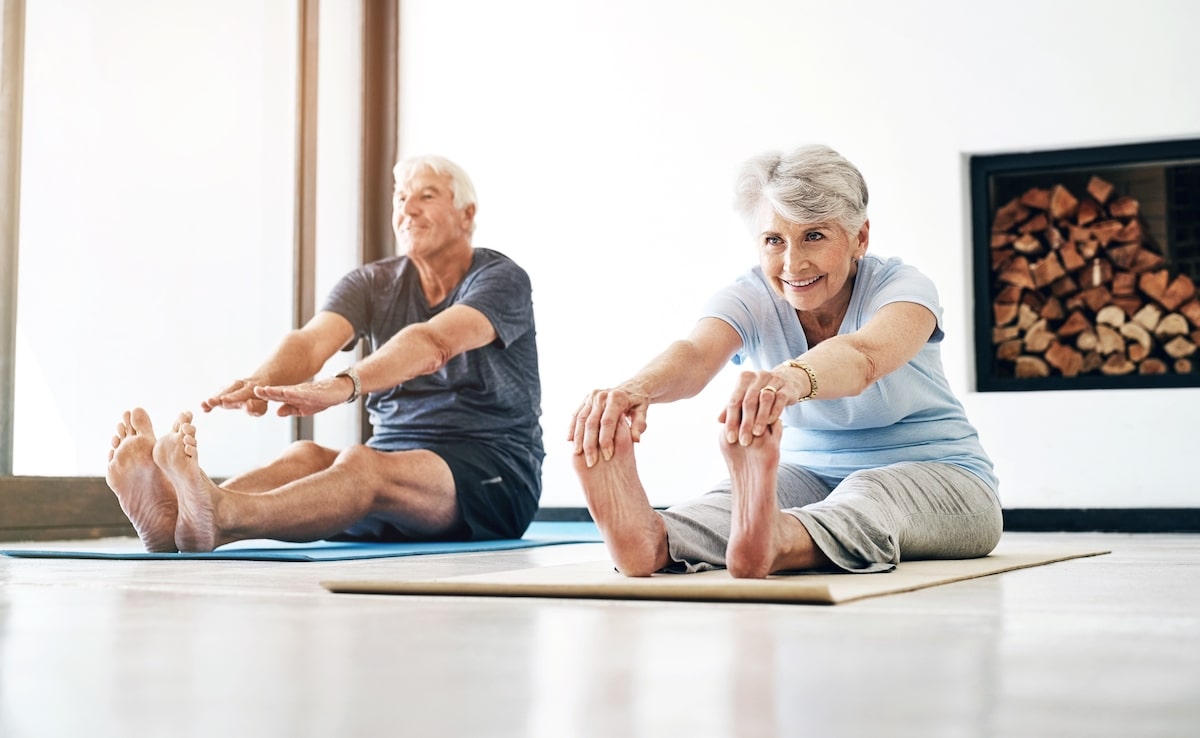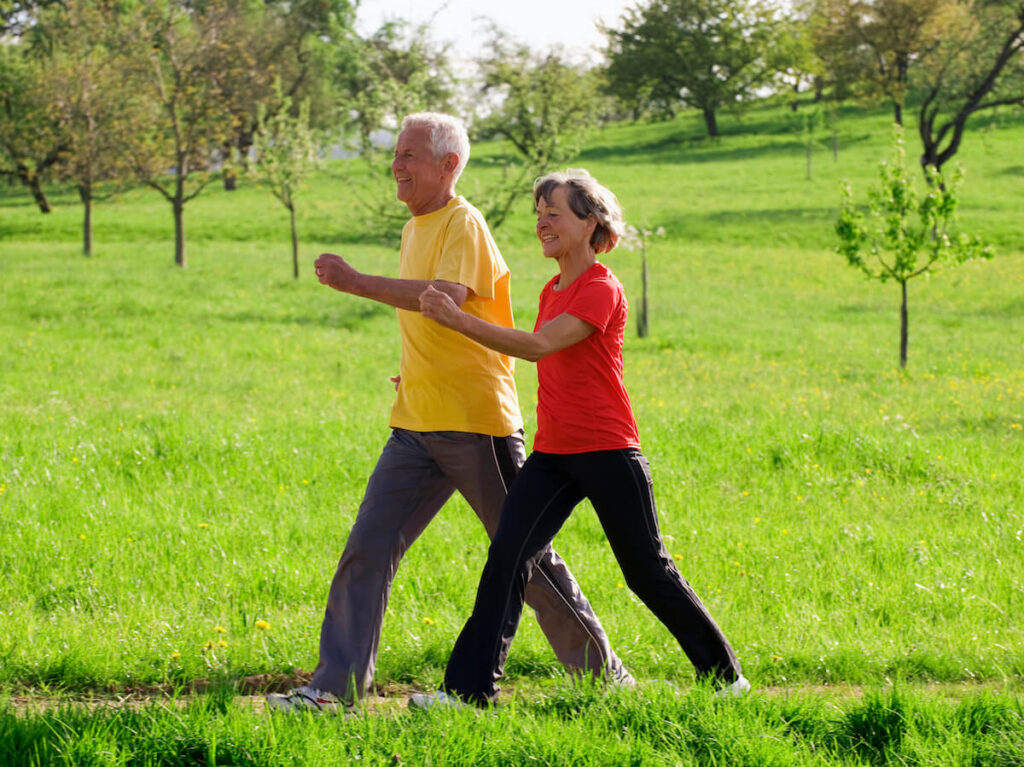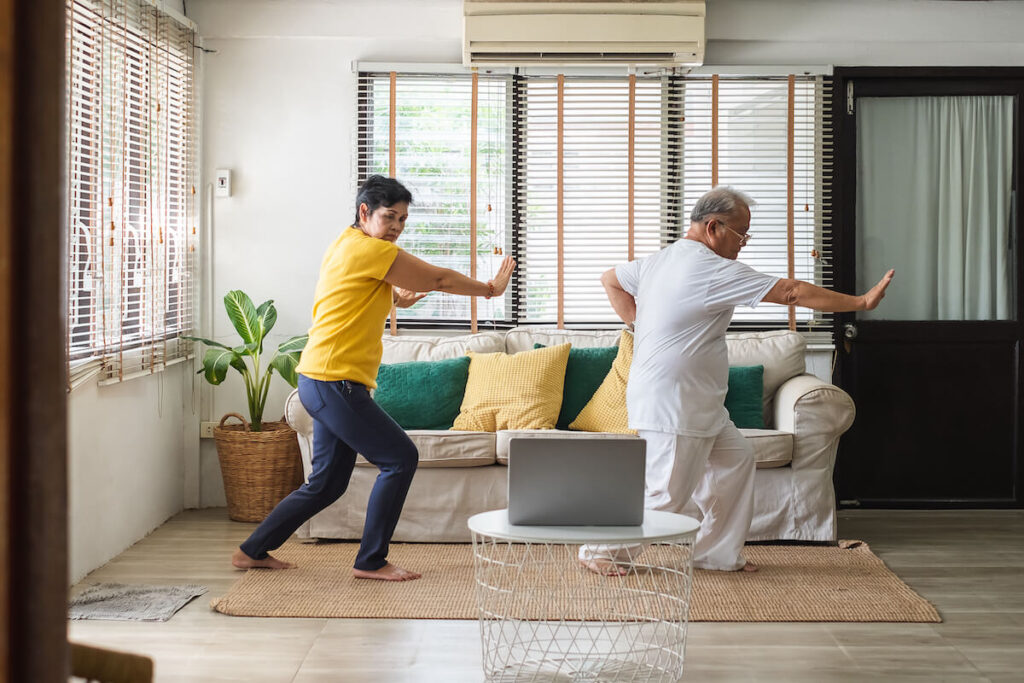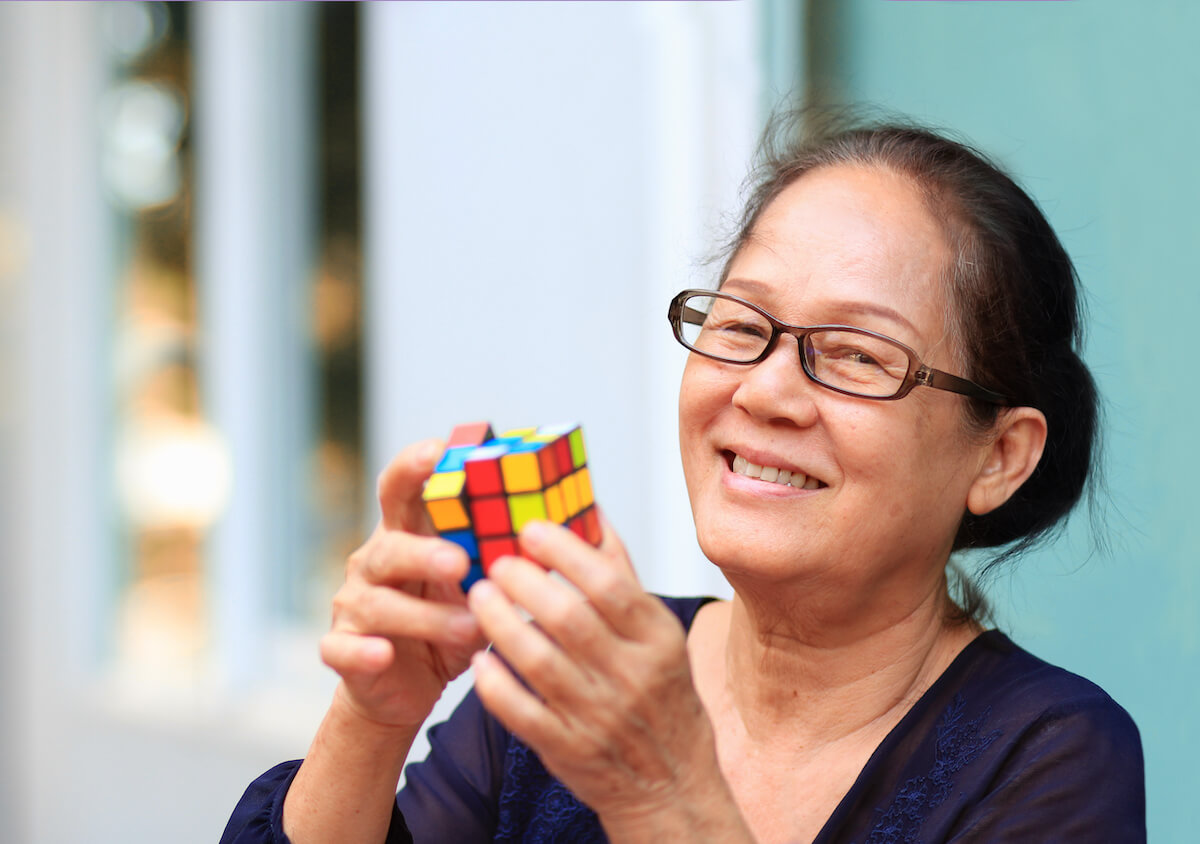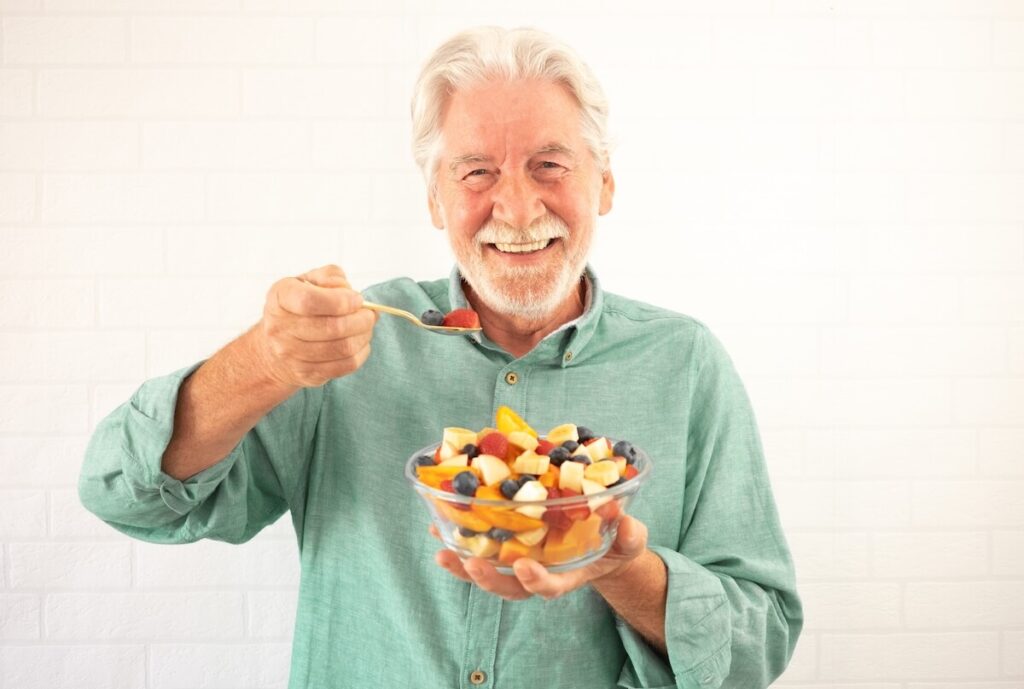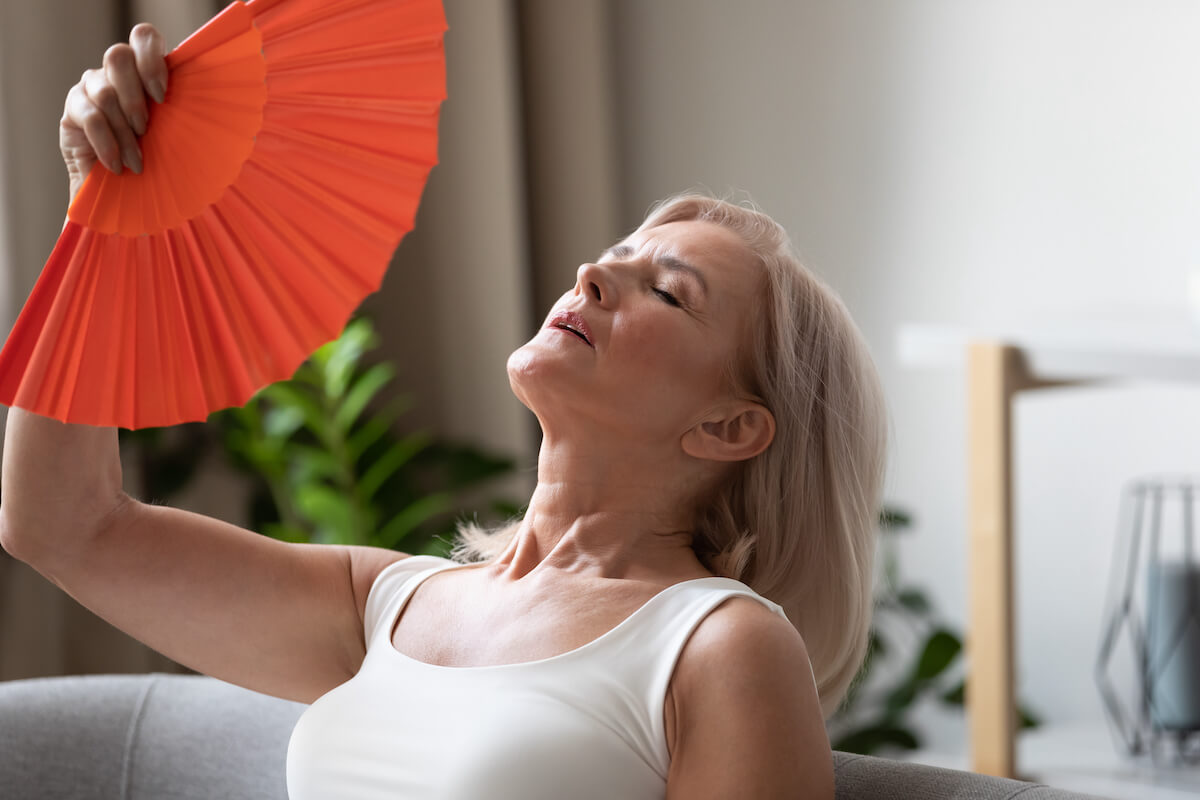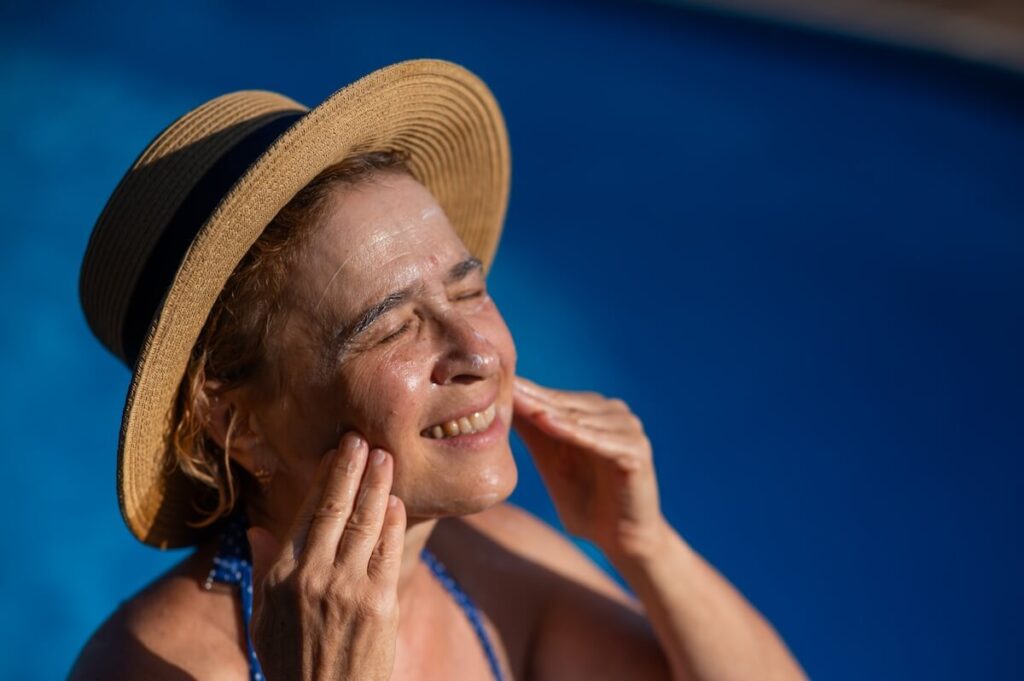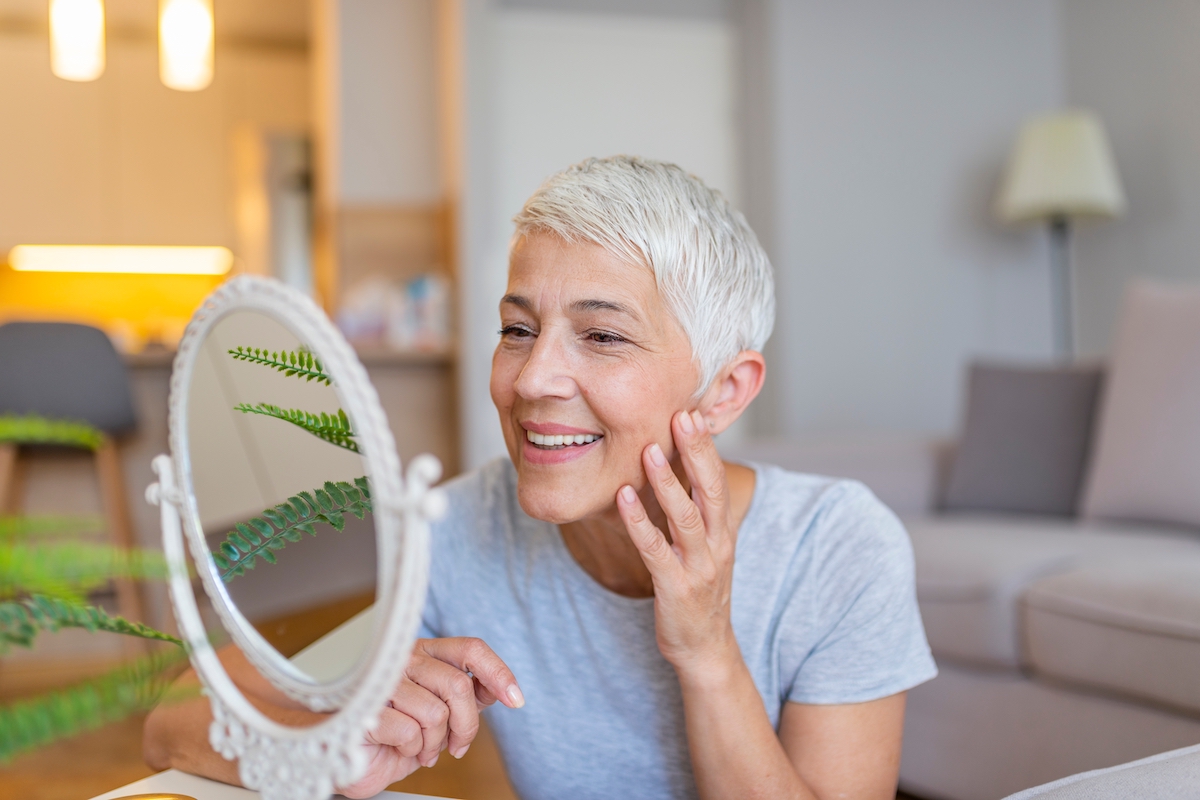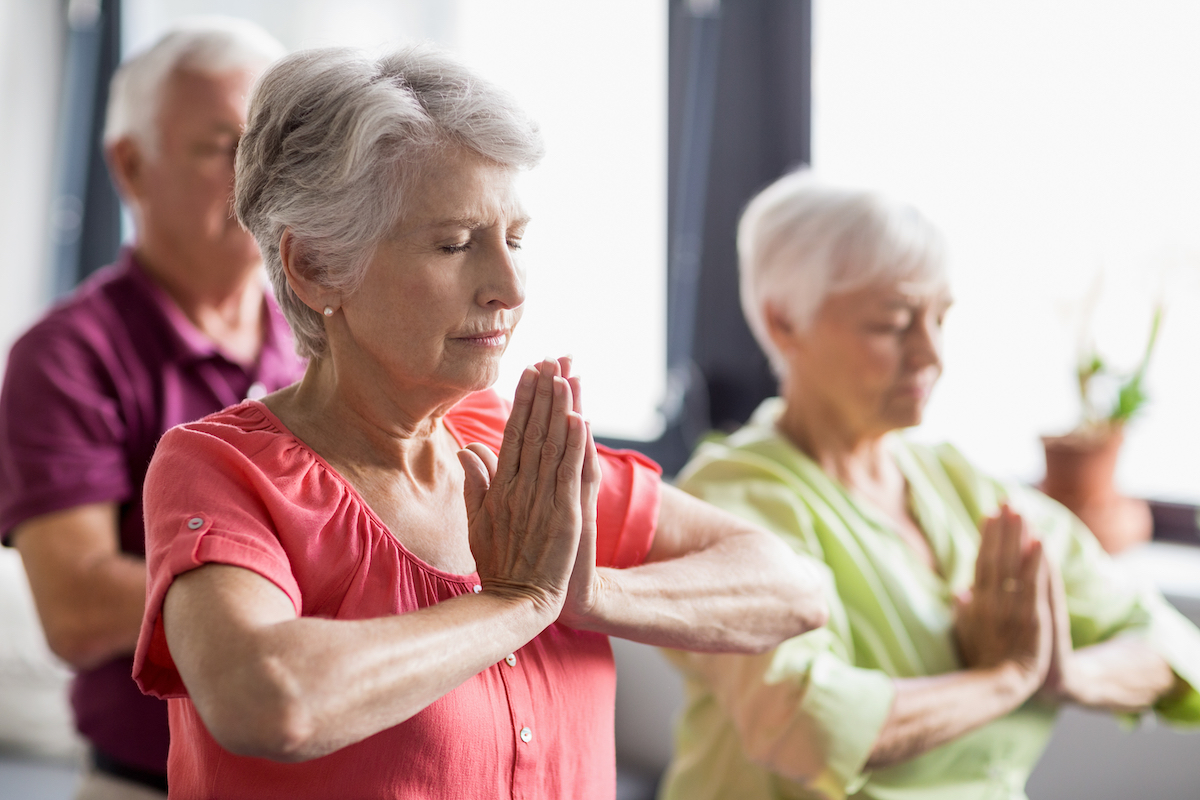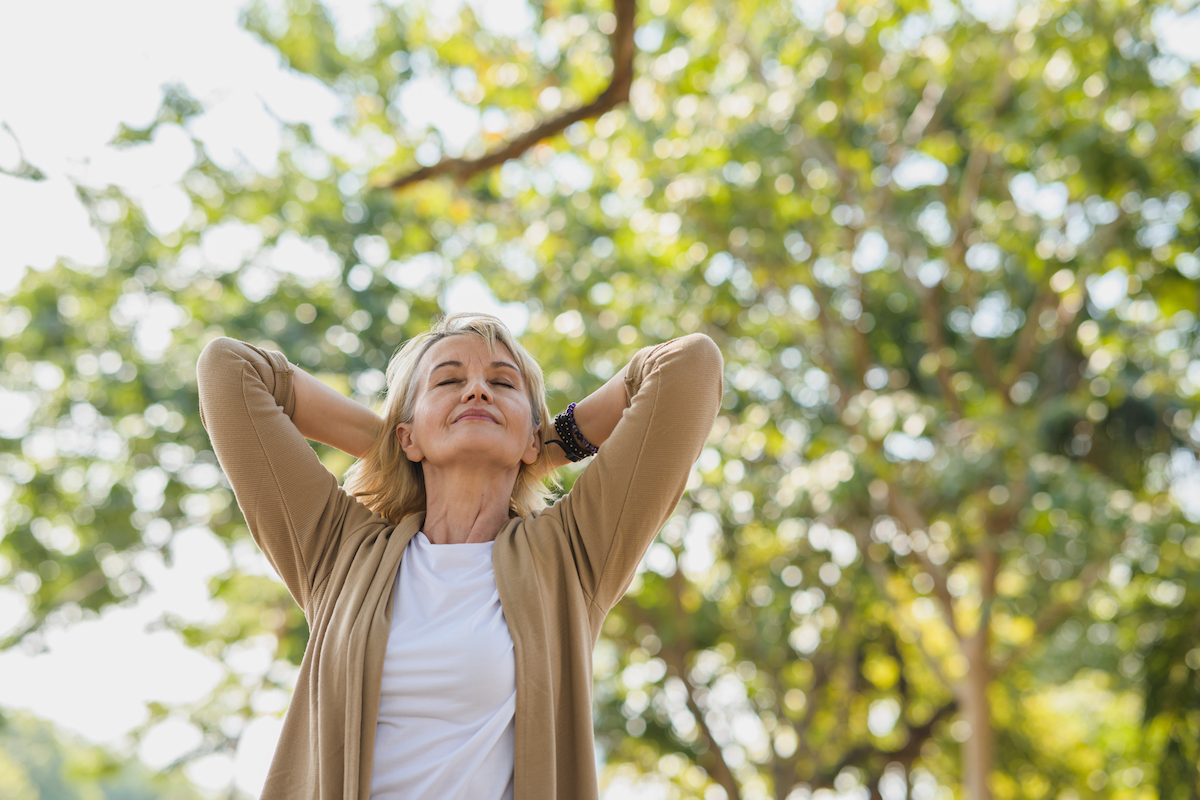6 Ways Community Living Helps Combat Senior Isolation
Isolation can take a significant toll on the mental and physical health of older adults, so understanding how community living can combat this issue is more important than ever. Senior isolation isn’t just a fleeting loneliness; it can result in serious health concerns, including depression, anxiety, and even cognitive decline. While the causes of isolation are numerous, ranging from mobility issues to the loss of family and friends, the solutions are within reach.
At The Monarch Senior Living, we offer settings specifically designed to foster social interaction among residents and enrich the lives of each one of them. Our team is exploring how community living can help combat senior isolation through various means.
Community Events
One of the cornerstones of senior living communities is the array of community events designed to engage residents. Regular programs and events foster a sense of belonging and provide invaluable opportunities for social interaction. Events can range from simple coffee mornings to elaborate holiday celebrations. For instance, a weekly book club meeting allows residents to discuss literature in a social setting, while monthly art classes allow individuals to explore their creativity. Beyond just providing entertainment, these programs help build friendships and create a strong sense of community, effectively reducing feelings of senior isolation.
Communal Dining
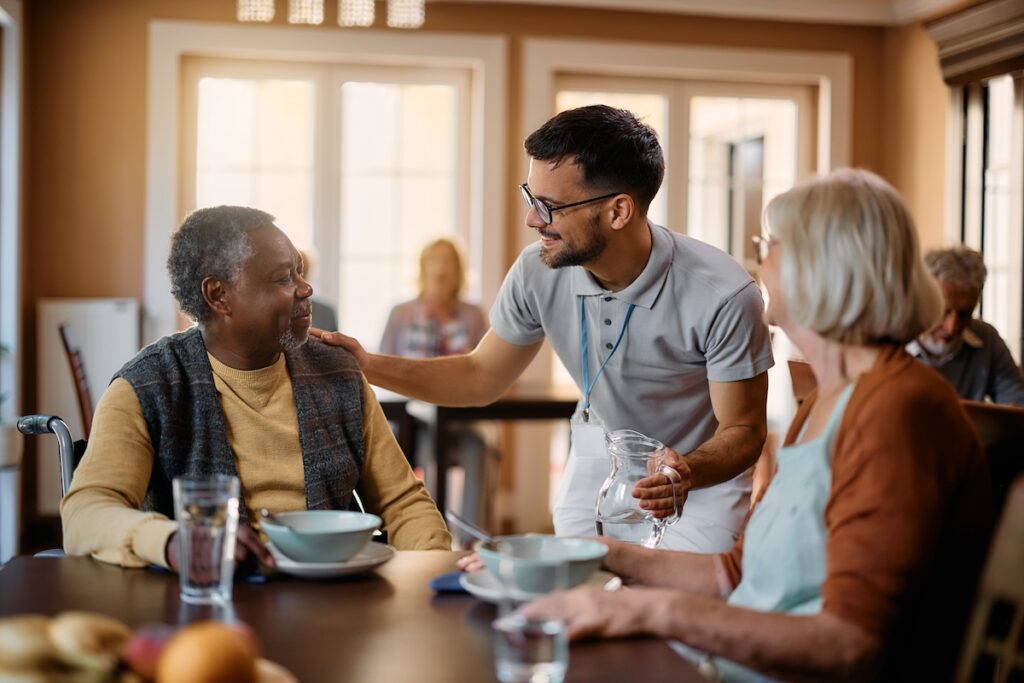
Enjoying a meal together encourages social interaction. Mealtime isn’t just about the food; it’s about the experience of dining in a setting where everyone knows each other and conversations flow naturally. Imagine a beautifully set dining table where residents gather to share not just a meal but also laughter and stories. This communal setting creates a space of camaraderie, making it easier for new residents to integrate into the community. Over time, these shared meals become cherished daily rituals that contribute enormously to a sense of belonging and well-being.
Common Spaces
These areas, whether they are cozy lounges, well-equipped fitness centers, or picturesque gardens, provide residents with plenty of opportunities to interact and stay active. For example, a resident might start their day with a morning walk in the garden, chatting with fellow walkers along the way. Later, they could spend time in the community lounge, engaging in a lively game of cards or a quiet reading session. These shared spaces are meticulously designed to be inviting and accessible, encouraging residents to step out of their rooms and participate in community life.
Recreational Programs
At The Monarch Senior Living, our communities offer a wide range of programs to cater to different interests and abilities. From yoga classes to dance nights, these events are designed to keep residents physically active and mentally stimulated. For instance, participating in a group exercise class can boost physical health while also providing a chance to socialize with peers. Similarly, engaging in a friendly game of chess or joining a gardening club can have significant cognitive benefits.
Volunteer Opportunities
Volunteering within the community can greatly boost self-esteem and create a sense of purpose for older adults. These could include mentoring younger residents, helping organize community events, or participating in outreach programs. Engaging in volunteer work not only helps others but also provides a sense of accomplishment and belonging. Imagine the joy a resident feels when they see the positive impact of their efforts, be it through a successful event they helped organize or the gratitude of someone they assisted.
Technology Use for Connection
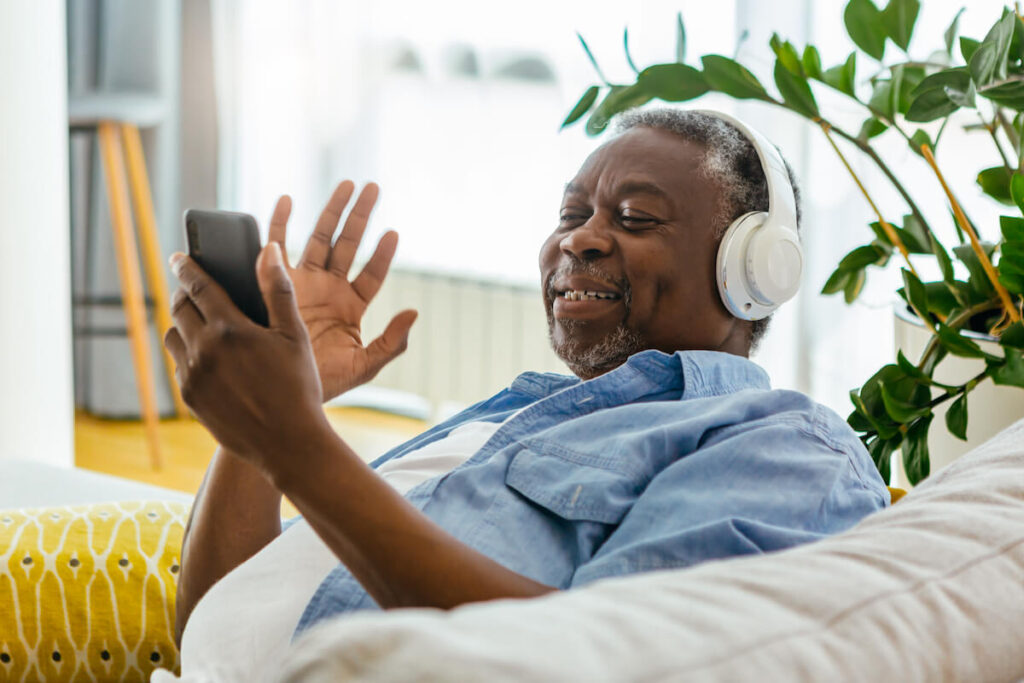
In today’s digital age, technology offers innovative solutions to help individuals stay connected, especially those who are less mobile. Video calls, social media platforms, and even specialized apps designed for older adults can facilitate communication with family and friends. For instance, a resident might use a tablet to video call their grandchildren, bridging the physical distance and fostering emotional closeness.
—
Senior living communities are designed to provide an enriching, supportive setting where residents can thrive while combating senior isolation. If you’re considering options for yourself or an aging parent, exploring our senior living communities throughout Texas and Nevada could be a meaningful step toward improved mental and physical well-being. The impact of community living on reducing isolation and enhancing an individual’s well-being is profound. Don’t wait any longer; get in touch with our team and schedule a visit to any of our locations. Let’s create a brighter future together!
